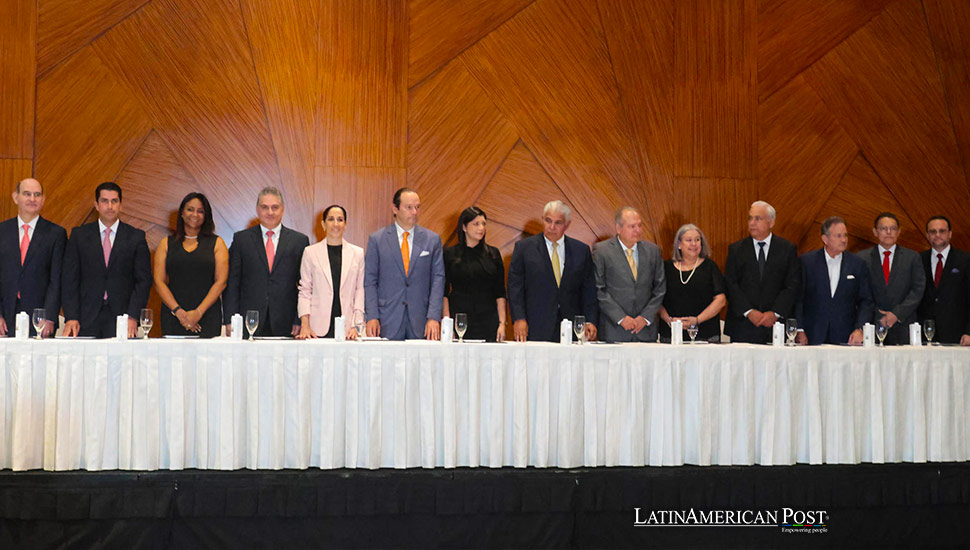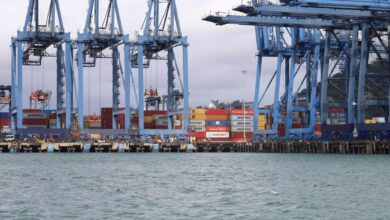Panama’s New Government Aims to Restore Confidence with Fresh Cabinet

José Raúl Mulino, Panama’s president-elect, has unveiled his government cabinet, a team he hails as a potent blend of “experience, youth, and competence.” This team, he believes, is the key to addressing the nation’s imminent challenges and, more importantly, restoring trust and confidence among the Panamanian public.
On Thursday, Panama’s president-elect José Raúl Mulino took a significant step towards shaping his administration by appointing nearly all members of his new government cabinet, which he described as a mix of “experience, youth, and competence.” These appointments are critical as Panama grapples with economic slowdowns, social challenges, and escalating migration issues.
In his announcement, Mulino emphasized the need for a government that effectively serves the country rather than personal or political interests. He stressed the importance of integrity and decency in governance, reflecting his desire to leave a positive legacy for Panama. “We are not perfect, but we are very clear about the mission we have to face… to truly restore the Panamanian nation’s confidence that there is a team… ready to serve, not to be served,” Mulino stated.
Strategic Cabinet Appointments
The president-elect’s selection of cabinet ministers appears strategically aimed at addressing Panama’s pressing issues:
Felipe Chapman, Minister of Economy and Finance: As Panama faces economic challenges, including a significant slowdown in growth and matters within the pension system, Chapman’s role will be pivotal. He has promised “austerity with responsibility” in managing public finances to quickly regain the country’s economic growth momentum while focusing on social progress and human development.
Javier Martínez-Acha, Minister of Foreign Affairs: Tasked with strengthening Panama’s diplomatic relations and commercial interests, Martínez-Acha will also address the complex issue of increasing irregular migrant flows through the Darién jungle and efforts to remove Panama from international lists labeling it as a tax haven.
José Ramón Icaza, Minister for Canal Affairs: Icaza faces the crucial challenge of addressing the Panama Canal’s water crisis, which has led to restrictions on ship drafts and transit.
Juan Carlos Navarro, Minister of the Environment: Navarro will oversee the closure of the large Cobre Panama mine operated by Canada’s First Quantum Minerals, which ceased operations following a Supreme Court ruling that declared the concession contract unconstitutional amid widespread anti-mining protests.
Frank Ábrego, Minister of Public Security: The former director of the National Border Service will confront one of Mulino’s most controversial policies—to close the Darién border and repatriate all irregular migrants arriving there, which totaled more than 520,000 in 2023 alone.
Mulino’s administration will inherit a nation at a crossroads, with economic and social challenges compounded by the logistical and humanitarian complexities of managing one of the world’s most active migration routes. The economic strategies will need to tackle high unemployment rates and a struggling informal sector, while security policies will require balancing strict border controls with humane treatment of migrants.
Historical Context and the Path Forward
Panama’s political landscape is a tapestry woven with a history of fluctuating policies toward migration and economic management. The Darién Gap, in particular, has been a perennial issue, serving as a critical but challenging conduit for migrants heading north from South America. Mulino’s firm stance on closing this route is a significant shift, one that will likely be a topic of both domestic and international scrutiny.
Moreover, Panama’s role as a global commercial hub and its strategic geographic position amplifies the impact of its internal policies on international relations, particularly with neighboring countries and key partners like the United States and Canada.
Also read: José Raúl Mulino: Panama’s Controversial Path Forward
As Mulino officially prepares to take office on July 1, 2024, the composition of his cabinet and the initial policy directions suggest a pragmatic approach aimed at stabilizing Panama’s socio-economic framework and restoring public confidence in the government. However, the effectiveness of these measures and their reception by the Panamanian public and the international community will ultimately determine the success of his administration.




